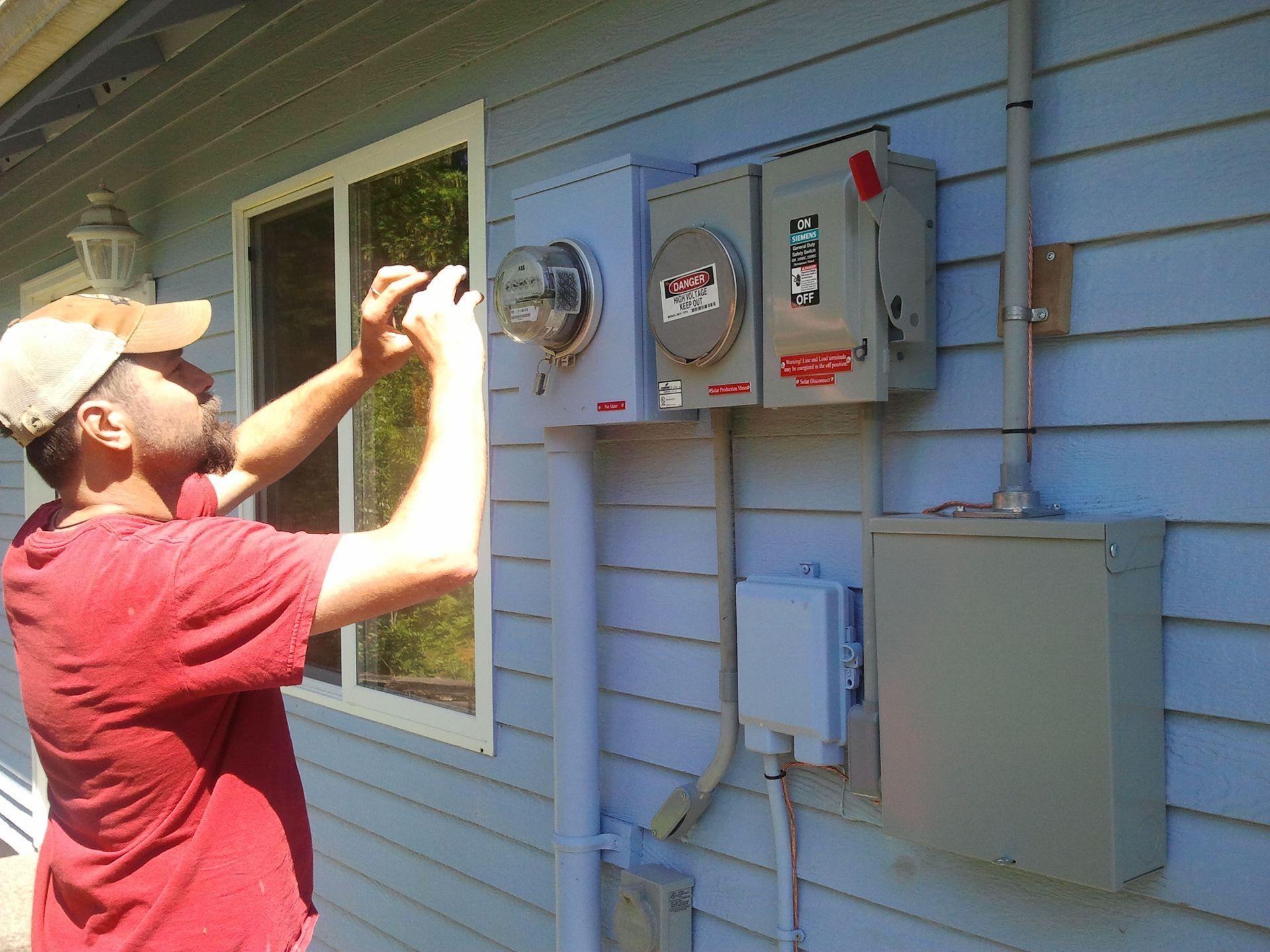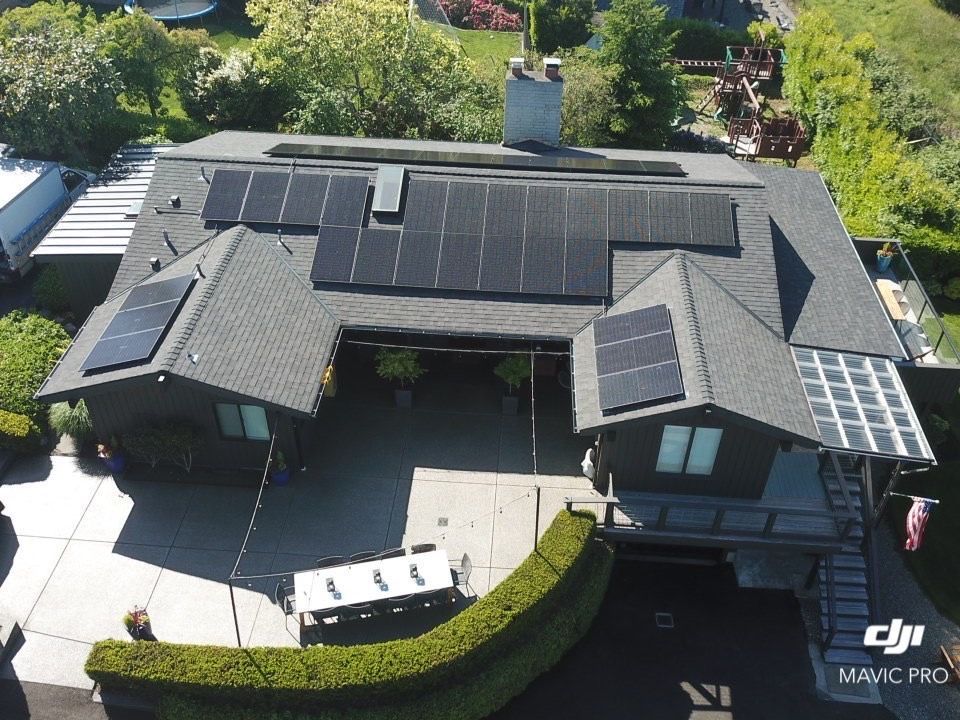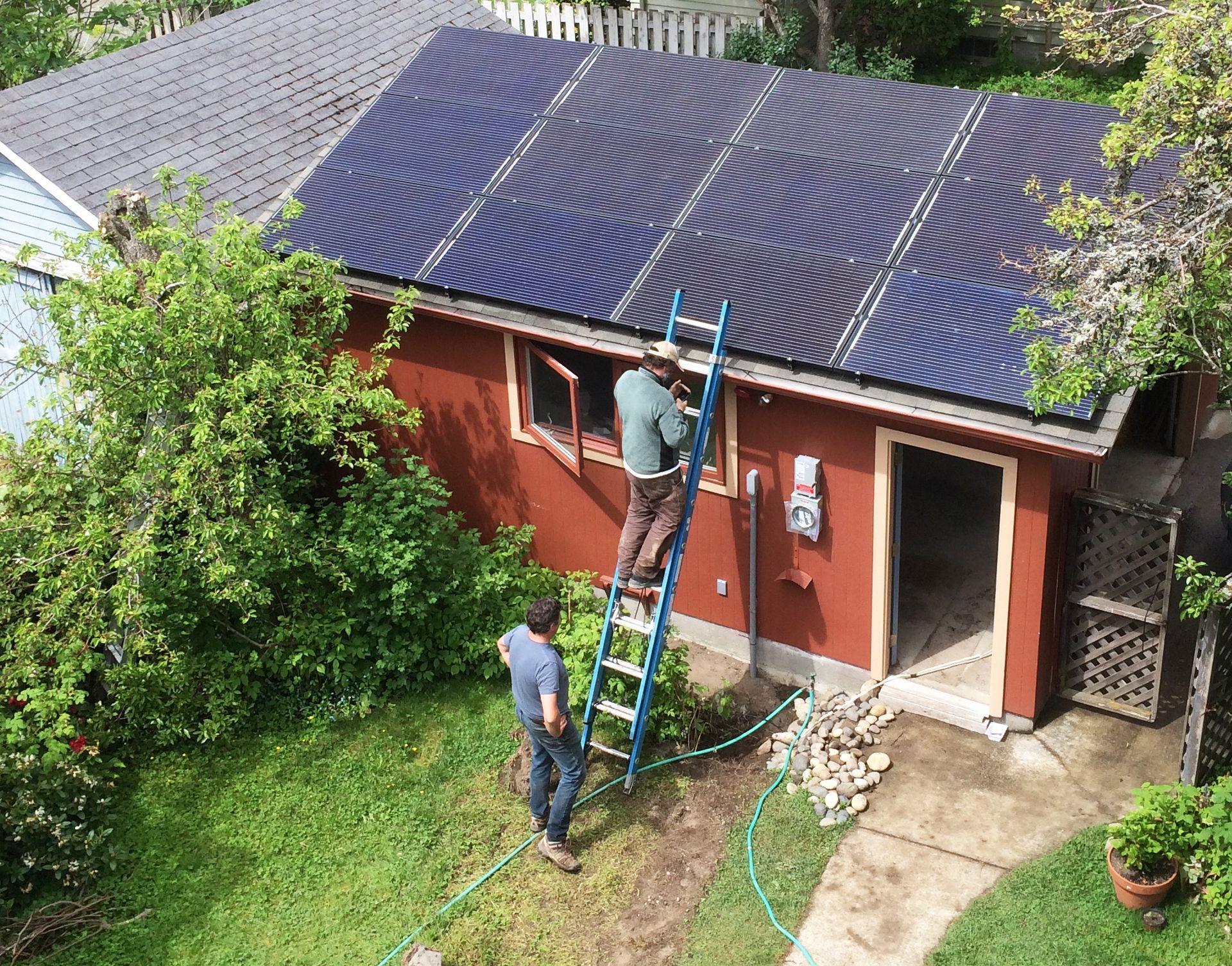Incentives
Available at Municipal, State, and Federal Levels
Incentives
Available at Municipal, State,
and Federal Levels
Incentives
Available at Municipal, State, and Federal Levels
The Incentives for Installing Solar Add Up
From federal tax credits to local-level incentives like net metering and sales tax exemptions, the financial perks of solar installation are abundant. Additionally, investing in solar power offers long-term savings on energy bills and potential increases in property value. With the combined impact of these incentives, individuals and businesses can make a significant impact on their long-term bottom line while contributing to a cleaner, more sustainable future.

The Incentives for Installing Solar Add Up
From federal tax credits to local-level incentives like net metering and sales tax exemptions, the financial perks of solar installation are abundant. Additionally, investing in solar power offers long-term savings on energy bills and potential increases in property value. With the combined impact of these incentives, individuals and businesses can make a significant impact on their long-term bottom line while contributing to a cleaner, more sustainable future.


Federal Tax Incentives (ITC)
At the federal level, consumers can receive a 30 percent federal tax credit for solar installations and this now includes stand-alone energy storage devices that have a capacity rating of 5 kilowatt hours or greater. The Investment Tax Credit, or ITC, which was expanded and extended as part of the Inflation Reduction Act that Congress approved earlier in 2022, offers a tax credit for solar systems on residential that can be applied for a dollar-for-dollar reduction in the amount of income tax that would otherwise be owed. The credit drops to 26 percent in 2033 and 22 percent in 2034, then disappears in 2035 unless Congress extends it. The Solar Investment Tax Credit (“ITC”) is a federal tax credit for solar systems placed on residential (under Section 25D) and commercial (under Section 48) properties.

Federal Tax Incentives (ITC)
At the federal level, consumers can receive a 30 percent federal tax credit for solar installations and this now includes stand-alone energy storage devices that have a capacity rating of 5 kilowatt hours or greater. The Investment Tax Credit, or ITC, which was expanded and extended as part of the Inflation Reduction Act that Congress approved earlier in 2022, offers a tax credit for solar systems on residential that can be applied for a dollar-for-dollar reduction in the amount of income tax that would otherwise be owed. The credit drops to 26 percent in 2033 and 22 percent in 2034, then disappears in 2035 unless Congress extends it. The Solar Investment Tax Credit (“ITC”) is a federal tax credit for solar systems placed on residential (under Section 25D) and commercial (under Section 48) properties.
State Tax Incentives
Benefits for installing solar panels include sales tax exemption from Washington State for qualifying solar equipment (ESS Senate Bill 5116). From July 2019 and through December 2029, equipment for solar energy systems smaller than 100 kilowatts is exempt from state and local sales and use taxes. There is also a 50 percent tax exemption available for larger solar energy systems that are between 101 and 500 kilowatts. Different rules apply for systems 100 KW to 500 KW. Customers must complete and provide a Buyer’s Retail Sales Tax Exemption Certificate to the seller.

State Tax Incentives
Benefits for installing solar panels include sales tax exemption from Washington State for qualifying solar equipment (ESS Senate Bill 5116). From July 2019 and through December 2029, equipment for solar energy systems smaller than 100 kilowatts is exempt from state and local sales and use taxes. There is also a 50 percent tax exemption available for larger solar energy systems that are between 101 and 500 kilowatts. Different rules apply for systems 100 KW to 500 KW. Customers must complete and provide a Buyer’s Retail Sales Tax Exemption Certificate to the seller.

Net Metering
Net Metering
For installed systems, Washington state has a net metering law (RCW 80.60.030) that lets customers of power companies offset their electricity consumption with the production from renewable energy system such as solar panels. Consumers may need to apply to their electricity power provider to obtain the credit for net metering. Many providers have forms on their websites.
The process is straightforward. Net metering customers can purchase electricity from their electricity provider when they need it and can send electricity generated by their solar panels back to the electric grid when they do not need it. A meter records both the electricity from solar panels that is delivered to the power company and the amount of electricity from the power company that they use, spinning forward when you are using electricity from your power company, and spinning backward when you are delivering electricity from your solar panels to the grid. Customers receive a credit if they produce more electricity than they use, or they are charged if they purchase more than the produce.
An electric utility shall make net energy metering available to eligible customer-generators on a first-come, first-served basis until the earlier of either: (i) June 30, 2029; or (ii) the first date upon which the cumulative generating capacity of net metering systems equals four percent of the utility's peak demand during 1996. Electric utilities provide information to the WSU Energy Program concerning their progress on reaching the cumulative generating capacity available to net metering systems in their service territories and this information is updated and available on their website.
In accordance with the law, net metering credits expire on March 31 every year and credits from any excess electricity generation are “zeroed out”.
For installed systems, Washington state has a net metering law (RCW 80.60.030) that lets customers of power companies offset their electricity consumption with the production from renewable energy system such as solar panels. Consumers may need to apply to their electricity power provider to obtain the credit for net metering. Many providers have forms on their websites.
The process is straightforward. Net metering customers can purchase electricity from their electricity provider when they need it and can send electricity generated by their solar panels back to the electric grid when they do not need it. A meter records both the electricity from solar panels that is delivered to the power company and the amount of electricity from the power company that they use, spinning forward when you are using electricity from your power company, and spinning backward when you are delivering electricity from your solar panels to the grid. Customers receive a credit if they produce more electricity than they use, or they are charged if they purchase more than the produce.
An electric utility shall make net energy metering available to eligible customer-generators on a first-come, first-served basis until the earlier of either: (i) June 30, 2029; or (ii) the first date upon which the cumulative generating capacity of net metering systems equals four percent of the utility's peak demand during 1996. Electric utilities provide information to the WSU Energy Program concerning their progress on reaching the cumulative generating capacity available to net metering systems in their service territories and this information is updated and available on their website.
In accordance with the law, net metering credits expire on March 31 every year and credits from any excess electricity generation are “zeroed out”.
Let’s talk about your project
Fill in the form or call to discuss your project at (253) 314-6555.
Thank you for contacting us. We will get back to you as soon as possible.
Let’s talk about your project
Fill in the form or call to discuss your project at (253) 314-6555.
Contact us
5249 S Puget Sound Ave Unit B
Tacoma, WA 98409
(253) 314-6555
info@sunseyesolar.com
Reach Out for a Free Estimate
Solar Installation, EV Charging, and Maintenance. We are committed to offering our customers the best renewable energy options available.
All Rights Reserved | Sun's Eye Solar & Electric